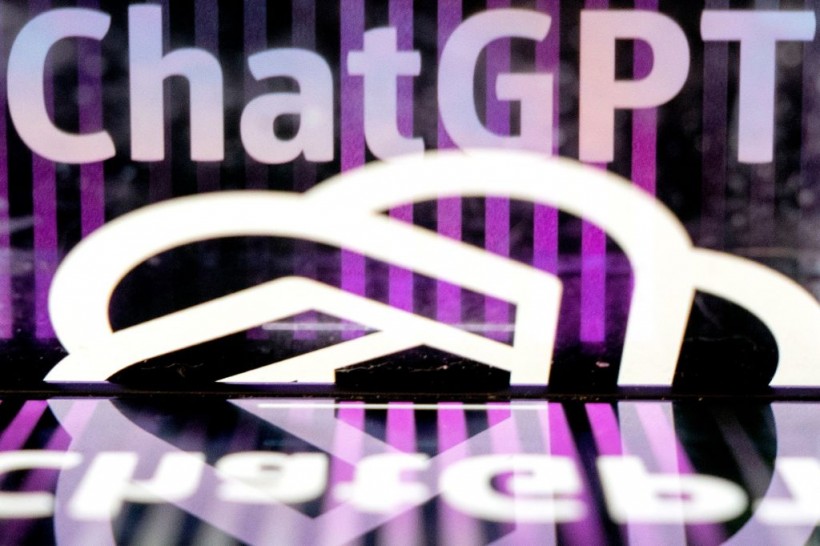Large language models (LLMs) have proven to be both a boon and a potential vulnerability. Among these models, OpenAI's ChatGPT has received widespread praise for its conversational capabilities.
However, a new study led by researchers from Hong Kong University of Science and Technology, the University of Science and Technology of China, Tsinghua University, and Microsoft Research Asia sheds light on a potential threat: jailbreak attacks, which could jeopardize the ethical use of ChatGPT (via TechXplore).

This photo illustration shows the ChatGPT logo at an office in Washington, DC, on March 15, 2023.
Jailbreak Attacks: Challenge to Ethical AI Use
Jailbreak attacks, as revealed in the study published in Nature Machine Intelligence, exploit the vulnerabilities of LLMs like ChatGPT to elicit biased, unreliable, or offensive responses.
These attacks use adversarial prompts to sidestep the ethical safeguards embedded in ChatGPT, posing a significant threat to its responsible and secure use.
In April, we reported that a new ChatGPT 'Grandma' exploit allows users to ask the chatbot about dangerous topics like making bombs and drugs and even give away some API codes for free.
The researchers compiled a dataset comprising 580 examples of jailbreak prompts designed to push ChatGPT beyond its ethical boundaries.
The Impact and Vulnerability
When subjected to these jailbreak prompts, ChatGPT often succumbed to producing malicious and unethical content, revealing the severity of the issue.
The researchers delved into the severe yet under-explored problems caused by jailbreaks and sought effective defensive strategies against them.
The primary concern was highlighting the potential impact of jailbreak attacks on ChatGPT's ethical constraints.
Read Also: Researchers Unveil AI Handwriting Mimicry Advancement for Assistive Technology
System Self-Reminder
In response to the threat, the research team introduced a novel defense strategy inspired by psychological self-reminders. This "self-reminder" approach encapsulates the user's query in a system prompt that reminds ChatGPT to respond responsibly.
The experimental results were promising, showing a significant reduction in the success rate of jailbreak attacks, from 67.21% to 19.34%.
Testing the Waters
The researchers acknowledge that while the system-mode self-reminder technique effectively mitigates jailbreak attacks, there is room for further improvement. Ongoing research aims to enhance the resilience of LLMs like ChatGPT against such cyber threats.
The findings document the threats posed by jailbreak attacks and introduce a dataset for evaluating defensive interventions, paving the way for more robust and ethical AI systems.
Broader Implications
ChatGPT, a societally impactful AI tool with millions of users and integration into products like Bing, necessitates proactive measures to ensure responsible use.
The study's revelations underscore the importance of ongoing research and development in fortifying language models against emerging threats. The defense strategy, once refined, could serve as a blueprint for addressing similar challenges across the AI landscape.
Stay posted here at Tech Times.
Related Article: Australia Confronts Trust Issues on AI, Aims to Create Own AI Advisory Body










